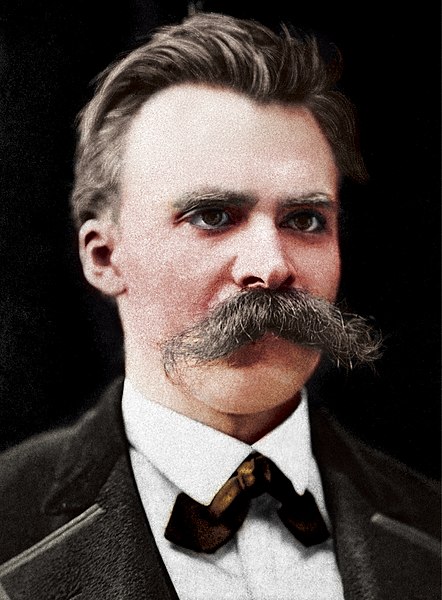
Friedrich Nietzsche was a German philosopher who developed two central concepts in his philosophy: the eternal recurrence and the will to power. The former suggests that everything that has happened, is happening, and will happen, will continue to recur endlessly. The latter asserts that the primary motive behind human behavior is the will to power, a drive to exert control over oneself and others.
The concept of the eternal recurrence is best understood in the context of Nietzsche’s rejection of traditional Western metaphysics. He believed that the idea of an eternal, unchanging, and perfect reality was a delusion that prevented humans from fully embracing their lives. Instead, he argued that the world is constantly changing, and there is no inherent meaning or purpose to existence. The eternal recurrence is the idea that, given the infinite nature of time, every event that has occurred or will occur will happen again and again.
According to Nietzsche, the eternal recurrence has several implications. First, it means that every moment is infinitely significant since it will repeat endlessly. Therefore, every action and decision we make has an everlasting impact on our lives and the world around us. Second, it suggests that we must embrace life fully and without reservation, since we will be forced to relive it repeatedly. Finally, it implies that we are ultimately responsible for our fate since we are the architects of our own lives.
The will to power is another essential concept in Nietzsche’s philosophy. He believed that every living being has an innate desire to exert its will over others and the world around it. This drive is not necessarily malicious, but it is a fundamental aspect of human nature. According to Nietzsche, the will to power is the driving force behind all human behaviour, from the most basic desires to the most complex societal structures.
Nietzsche argued that the will to power manifests itself in different ways, such as the desire for knowledge, the desire for love, and the desire for self-preservation. He also believed that it was the source of creativity and innovation, as individuals seek to overcome obstacles and achieve their goals. However, he cautioned that the will to power could also be destructive, leading individuals to harm themselves and others in pursuit of their desires.
In conclusion, Nietzsche’s philosophy of the eternal recurrence and the will to power emphasizes the importance of embracing life and taking responsibility for one’s actions. The eternal recurrence suggests that every moment is significant and that we must live fully in the present, while the will to power asserts that the drive to exert control is a fundamental aspect of human nature. While Nietzsche’s ideas are controversial and challenging, they continue to influence philosophy, literature, and culture today.
“What, if some day or night a demon were to steal after you into your loneliest loneliness and say to you: ‘This life as you now live it and have lived it, you will have to live once more and innumerable times more’ … Would you not throw yourself down and gnash your teeth and curse the demon who spoke thus? Or have you once experienced a tremendous moment when you would have answered him: ‘You are a god and never have I heard anything more divine.'” (Friedrich Nietzsche, The Gay Science)

